Solving Sense

How can I develop better number sense and estimation skills for problem-solving ?
Number sense is a crucial skill for effective problem-solving, involving an intuitive understanding of numbers and their relationships. It's important for efficiency, flexibility, and confidence in handling numerical tasks. To improve your number sense and estimation skills, practice rounding and estimating, use benchmark numbers, work with different representations, engage in mental math exercises, analyze mistakes, and seek out challenging problems. Consistent practice and real-world applications are key to developing a more intuitive understanding of numbers and enhancing problem-solving abilities.

What are some effective strategies for solving algebra problems ?
In the article, "Effective Strategies for Solving Algebra Problems," the author outlines a five-step process to solve algebra problems effectively. First, read and understand the problem, identify unknowns, and visualize it. Second, plan an approach by selecting a strategy, breaking down complex problems, and estimating answers. Third, execute your plan by writing equations, simplifying them, and solving for variables. Fourth, check your work by substituting back into the original equation, evaluating estimations, and looking for errors. Finally, review and reflect on your steps, strategies used, and practice similar problems to solidify understanding. Following these strategies can increase confidence and success in solving algebra problems.
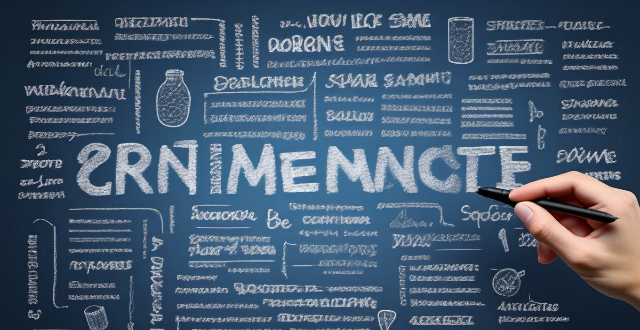
What steps should I follow when solving a word problem in mathematics ?
Solving word problems in mathematics can be challenging, but by following a step-by-step approach, you can simplify the process and increase your chances of finding the correct solution. The first step is to read the problem thoroughly, identifying all relevant information and understanding what is being asked. Next, plan your approach by deciding on a strategy, breaking down the problem into smaller parts if possible, and drawing a diagram to visualize the problem. After that, solve the problem by writing down the equations or expressions you will use, solving them step by step, and checking your work to make sure your answer makes sense and satisfies the original conditions of the problem. Finally, write your answer in a clear and concise manner, explain how you arrived at it if necessary, and check your work again to make sure you didn't make any careless mistakes. By practicing these steps, you should be able to solve most word problems in mathematics.

How can mind mapping improve creativity and problem-solving skills ?
Mind mapping is a tool that enhances creativity and problem-solving skills by providing a visual way to organize information. It stimulates brainstorming, enhances visualization, and promotes collaboration for creative thinking. Mind mapping also aids in problem-solving by identifying core issues, providing clarity and focus, and facilitating decision making.

Does exercise influence executive functions, such as decision-making and problem-solving ?
Exercise has a positive impact on executive functions, including decision-making and problem-solving. Regular physical activity can enhance cognitive functioning, risk assessment, self-control, creative thinking, working memory, and attention, leading to improved performance in these areas. Incorporating exercise into your lifestyle can benefit both your physical and cognitive health.
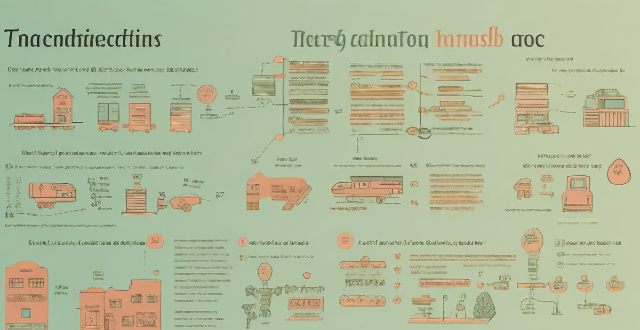
How do project-based learning and problem-solving activities fit into innovative teaching methodologies ?
Innovative teaching methodologies emphasize project-based learning (PBL) and problem-solving activities to engage students, foster critical thinking, and develop practical skills. PBL involves students in complex, meaningful projects that connect classroom learning with real-world scenarios, promoting deeper understanding, skill development, and motivation. Problem-solving activities challenge students to identify issues and find effective solutions, enhancing their critical thinking, decision-making, and resilience. Integrating PBL and problem-solving into innovative teaching involves identifying key concepts, designing relevant projects, incorporating problem-solving elements, providing resources, facilitating collaboration, scaffolding instruction, reflecting and evaluating, and assessing holistic performance. This approach creates a dynamic learning environment that prepares students for future challenges and fosters a love of lifelong learning.

Can playing sports lead to a sense of accomplishment and pride ?
Playing sports can lead to a sense of accomplishment and pride through physical fitness, teamwork, skill development, and overcoming adversity. Achieving personal fitness goals, collaborating with teammates, mastering sport-specific skills, and bouncing back from challenges all contribute to feelings of satisfaction and self-worth. Engaging in sports is not just about recreation but also about personal growth and development.

What are some tips for creating a sense of urgency during a clearance sale ?
Clearance sales are an excellent opportunity for businesses to clear out old inventory and make room for new products. However, to maximize the effectiveness of a clearance sale, it's essential to create a sense of urgency that encourages customers to act quickly. Here are some tips for creating a sense of urgency during a clearance sale: Highlight Limited Availability - Use Countdown Timers - Showcase Low Stock Levels - Update Inventory Real-Time Offer Special Discounts - Tiered Discounts - Flash Sales - Loyalty Program Bonuses Create Urgency Through Marketing - Urgent Language in Ads - Email Marketing Campaigns - Social Media Countdowns Optimize Your Store Experience - In-Store Signage - Play Upbeat Music - Prominent Display of Sale Items Follow Up After the Sale - Post-Sale Analysis - Feedback Surveys
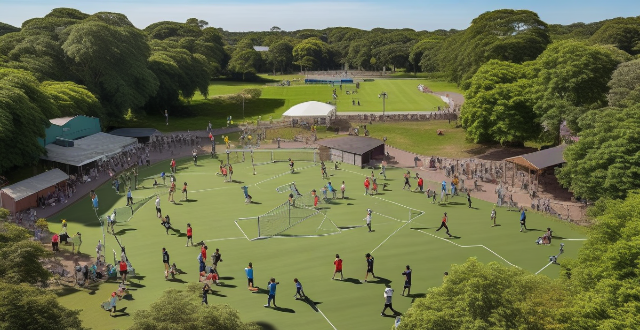
What impact does sports have on the social cohesion and community spirit in rural areas ?
The article discusses the impact of sports on social cohesion and community spirit in rural areas. Sports bring people together, promote teamwork, and create a sense of belonging that can strengthen the fabric of a community. The article explores how sports build social capital by forming friendships and encouraging civic engagement. It also highlights how sports promote teamwork and cooperation by teaching communication skills and collaboration towards a common goal. Finally, the article emphasizes how sports create a sense of belonging within a community by supporting local teams and participating in community events. Overall, sports have a significant impact on rural communities and contribute to their overall well-being.
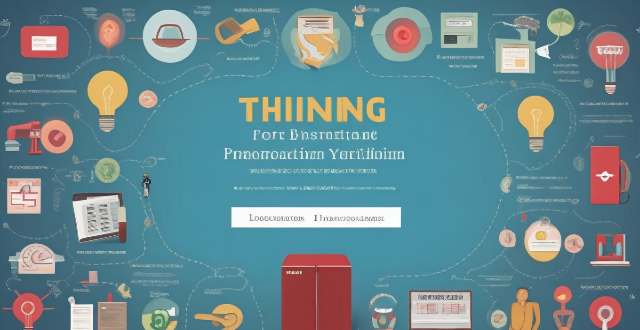
How does critical thinking training help in problem-solving ?
Critical thinking is essential for effective problem-solving. Training in critical thinking can improve problem identification, decision making, communication skills, creativity and innovation, and reduce bias and prejudice. By incorporating critical thinking training into your personal or professional development plan, you can become a more effective problem-solver and make a positive impact in your life and the lives of others.

How can I improve my problem-solving skills in geometry ?
Improving problem-solving skills in geometry involves understanding fundamentals, practicing regularly, analyzing mistakes, learning multiple solution methods, using visualization techniques, collaborating with peers, applying real-world scenarios, and staying updated with resources. Consistent effort and a proactive approach are key to success.

What resources are available to help me practice and master math problem-solving ?
To master math problem-solving, various resources are available, including online platforms like Khan Academy and Mathway, books such as "How to Solve It" by Polya, and video tutorials from YouTube channels like Numberphile. Practice worksheets from websites like Math Drills and IXL Math can also aid in skill development. Regular and consistent use of these resources can enhance one's ability to solve complex math problems and build a strong mathematical foundation.
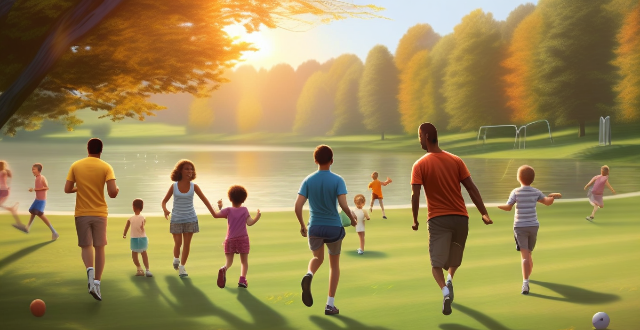
How can families handle conflicts that may arise from participating in sports together ?
Participating in sports together as a family can be a great way to bond and have fun, but it can also lead to conflicts. Effective communication, respect, compromise, problem-solving strategies, and seeking professional help are all important tools for resolving conflicts within families. By approaching conflicts as problems to be solved rather than battles to be won, families can find ways to work together more effectively and enjoy their time participating in sports together.
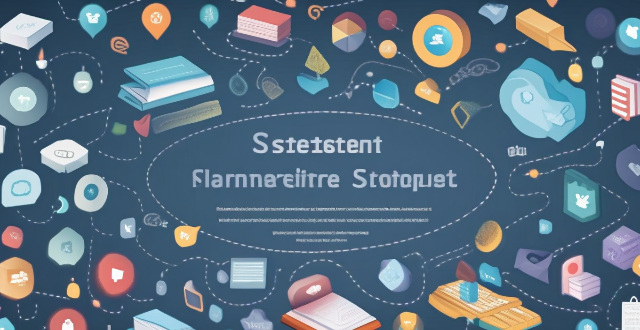
**Does Apple provide customer support for solving iCloud sync issues ?
Apple offers various support channels for solving iCloud sync issues, including a website with troubleshooting guides, online chat and phone support, in-person assistance at Apple Stores or authorized providers, email support, and community forums. These options ensure that users can find help suited to their preferences and needs.
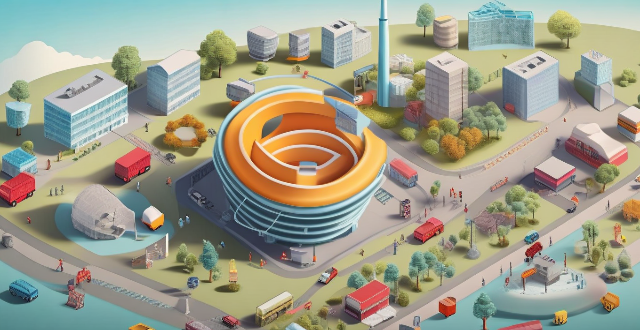
What are the benefits of international cooperation in solving global issues ?
International cooperation is vital for addressing global challenges, offering benefits such as pooled resources, enhanced security, sustainable development, scientific advancement, and fostering mutual understanding. By combining efforts, nations can achieve more significant progress towards peace, sustainability, and development than they could independently.
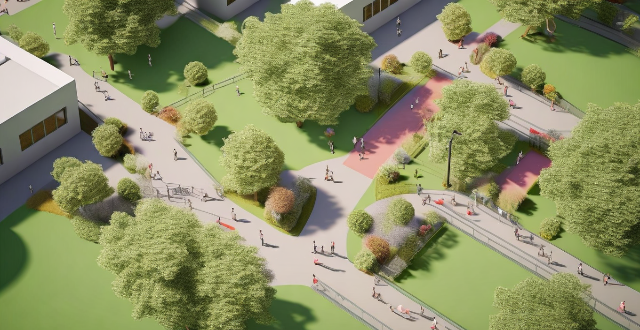
What is the role of sports in enhancing urban social cohesion ?
Sports play a significant role in enhancing urban social cohesion by promoting community engagement, fostering a sense of belonging, and providing opportunities for individuals to come together and share common experiences. Sports events and activities provide a platform for residents to gather, interact, and participate in their local community, leading to increased social interaction, as well as a greater sense of ownership and pride in one's neighborhood. Sports teams and clubs can create a strong sense of identity and loyalty among their members, which extends beyond the playing field and into everyday life. Finally, sports provide numerous opportunities for individuals to come together and share common experiences, helping bridge divides between different groups within urban communities.

What is the atmosphere like at an idol concert ?
Attending an idol concert is an experience that is often filled with excitement, energy, and a sense of community. The atmosphere at these events varies depending on the artist, venue, and fans in attendance, but there are some common elements that make up the overall vibe. These include electric energy, high-octane performances, lighting and visual effects, fan interaction through call-and-response segments and fanchants, as well as a strong sense of community spirit among attendees. Many fans also choose to express their love for their favorite idol by dressing up as them or wearing clothes inspired by their style. Overall, attending an idol concert is an immersive experience that celebrates the power of music and the bond between artists and their fans.
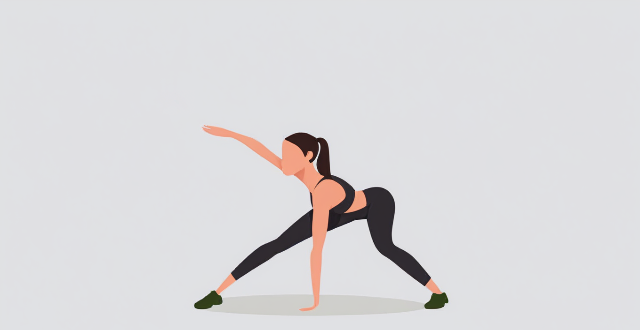
How does exercise help in managing stress ?
Stress is an inevitable part of life, but regular exercise can help manage it effectively. Exercise releases endorphins, reduces muscle tension, improves sleep quality, boosts self-esteem and confidence, provides a sense of accomplishment, and promotes social interaction. To incorporate exercise into your daily routine, start slowly, find an activity you enjoy, make it a part of your routine, mix up your routine, and don't overexert yourself. By doing so, you can reap the numerous benefits of exercise for stress management and overall well-being.
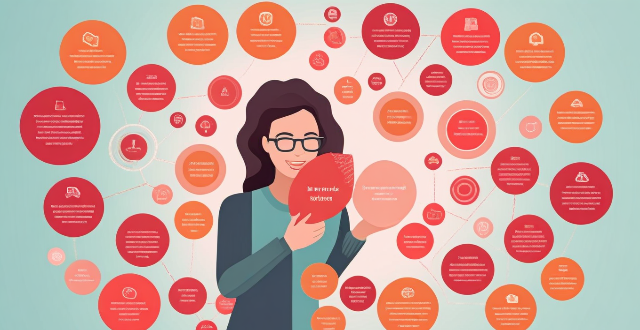
What are the benefits of group therapy for women with emotional disorders ?
Group therapy offers numerous benefits for women with emotional disorders, including increased social support, improved self-efficacy, and reduced symptoms of anxiety and depression. This form of treatment can be a powerful tool for promoting healing and personal growth.

How does exercise influence self-esteem ?
Exercise has a profound impact on self-esteem, positively influencing confidence, body image, and mental health. Physical benefits include weight management through fat reduction and muscle tone, as well as improved cardiovascular health and immune system function. Mental benefits include stress reduction through endorphin release and mindfulness, and enhanced cognitive function with improved memory and problem-solving abilities. Social benefits come from community building through group activities and support systems, as well as personal achievement through goal setting and feedback. Overall, regular physical activity can significantly enhance self-esteem by promoting physical, mental, and social well-being.
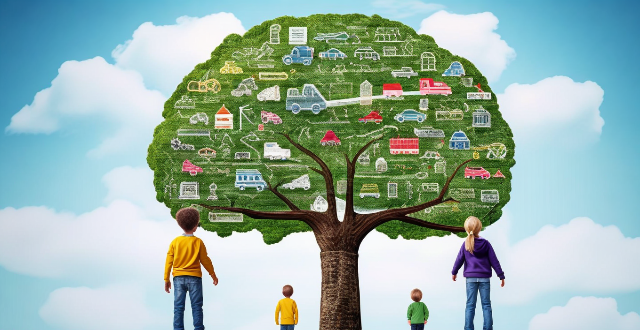
What are the benefits of teaching children about climate change ?
Teaching children about climate change is crucial for their future, empowering them to take action and make a difference. It enhances their awareness, critical thinking skills, environmental stewardship, innovation, preparation for future careers, empathy, responsibility, healthy habits, resilience, and interest in science and technology. This education can lead to informed decision-making, problem-solving abilities, responsible behavior towards the environment, and a sense of global citizenship. By teaching children about climate change, we are preparing them to confront one of the most significant challenges facing our planet.
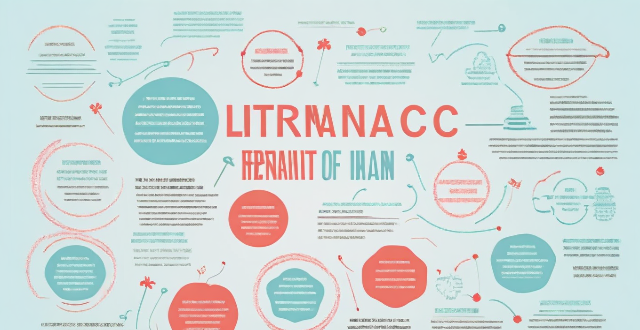
What is the relationship between physical literacy and child development ?
Physical literacy is crucial for child development, enhancing cognitive, social, emotional, and physical dimensions of learning. It improves memory, attention, problem-solving skills, communication, cooperation, empathy, self-esteem, resilience, muscle strength, cardiovascular health, and reduces the risk of chronic diseases. Incorporating regular physical activity into children's daily routines promotes their overall growth and well-being.

Can participating in team sports boost morale and collaboration among coworkers ?
Participating in team sports can boost morale and collaboration among coworkers by improving communication, increasing trust and respect, enhancing problem-solving skills, and promoting teamwork.
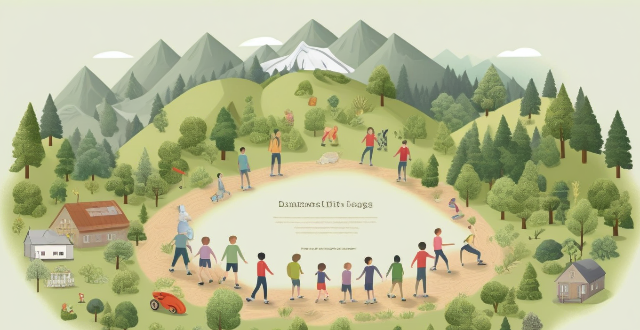
How do outdoor sports like hiking or mountaineering foster a deeper connection with nature and improve mental health ?
The text discusses the connection between outdoor sports, particularly hiking and mountaineering, and mental health. It highlights how these activities offer physical benefits such as fresh air and sunlight, which boost mood and energy levels, and the release of endorphins through physical activity. Mentally, being in nature encourages mindfulness and presence, reducing stress and anxiety, while the grandeur of nature can provide perspective on everyday worries. Physical challenges build stamina and resilience, with a sense of accomplishment from completing trails or reaching summits. Mental challenges include problem-solving and building resilience. Social interaction through shared experiences and forming supportive communities is also beneficial. Personal growth aspects include self-reliance and adaptability. The mind-body connection is emphasized through the meditative effects of nature and sensory engagement, as well as the physical well-being derived from cardiovascular health and muscle strength. Overall, outdoor sports like hiking or mountaineering provide numerous opportunities for improving mental health through various means.

What are the benefits of participating in adventure travel activities ?
Adventure travel activities offer various benefits that positively impact physical, mental, and emotional well-being. These activities improve cardiovascular fitness, muscle strength, and weight management. They also reduce stress, boost self-confidence, and enhance creativity and problem-solving abilities. Adventure travel activities foster social interaction, personal growth, and improved mood and happiness.

What are the benefits of participating in parent-child activities together ?
Participating in parent-child activities together offers numerous benefits, including improved communication, stronger emotional connections, physical health benefits, cognitive development, social skills development, and the creation of lifelong memories. By engaging in these activities, families can strengthen their relationships, improve communication, and create lasting memories that will be cherished for years to come.
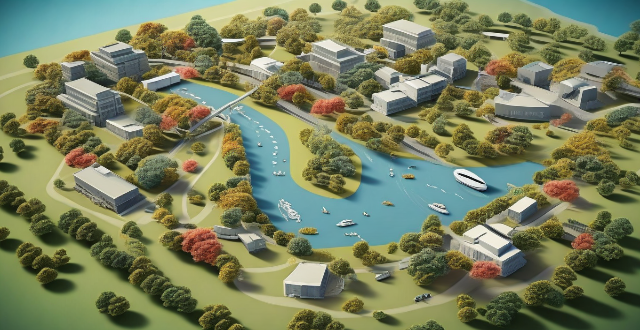
How does education contribute to raising environmental awareness among future generations ?
Education is crucial for raising environmental awareness among future generations, as it enhances knowledge, develops values, and promotes action. Incorporating environmental education into the curriculum empowers students with the necessary tools to understand and address complex challenges facing our planet. By fostering a deeper appreciation for nature and cultivating a sense of responsibility towards preserving it, schools can play a significant role in nurturing eco-conscious citizens who are well-equipped to confront and overcome environmental challenges.
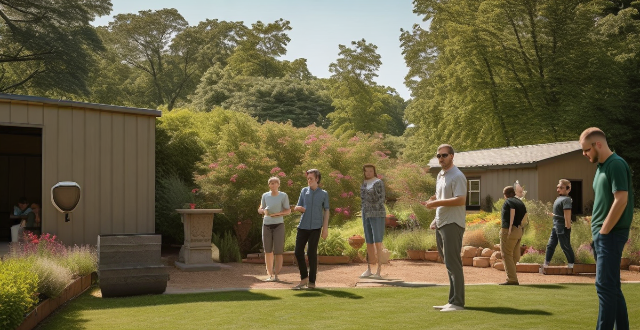
What is the role of education in promoting environmental awareness and action ?
Education plays a crucial role in promoting environmental awareness and action by providing knowledge about the environment, developing environmental values, encouraging active engagement, teaching problem-solving skills, and providing opportunities for leadership development.